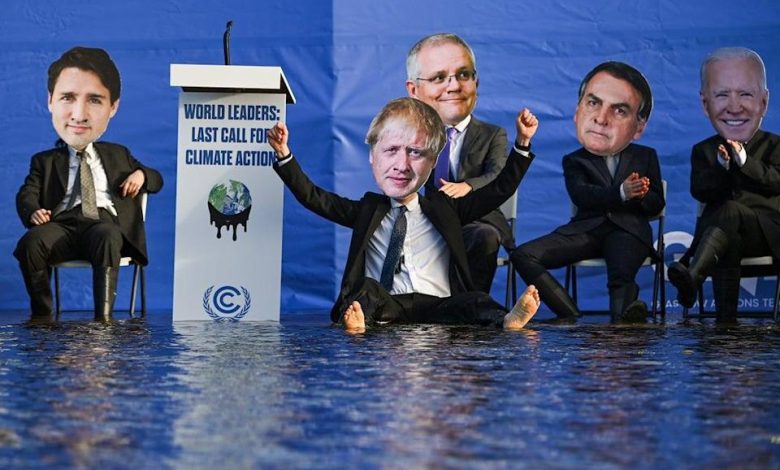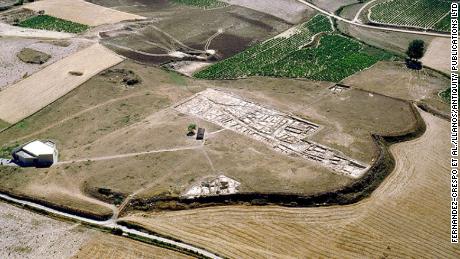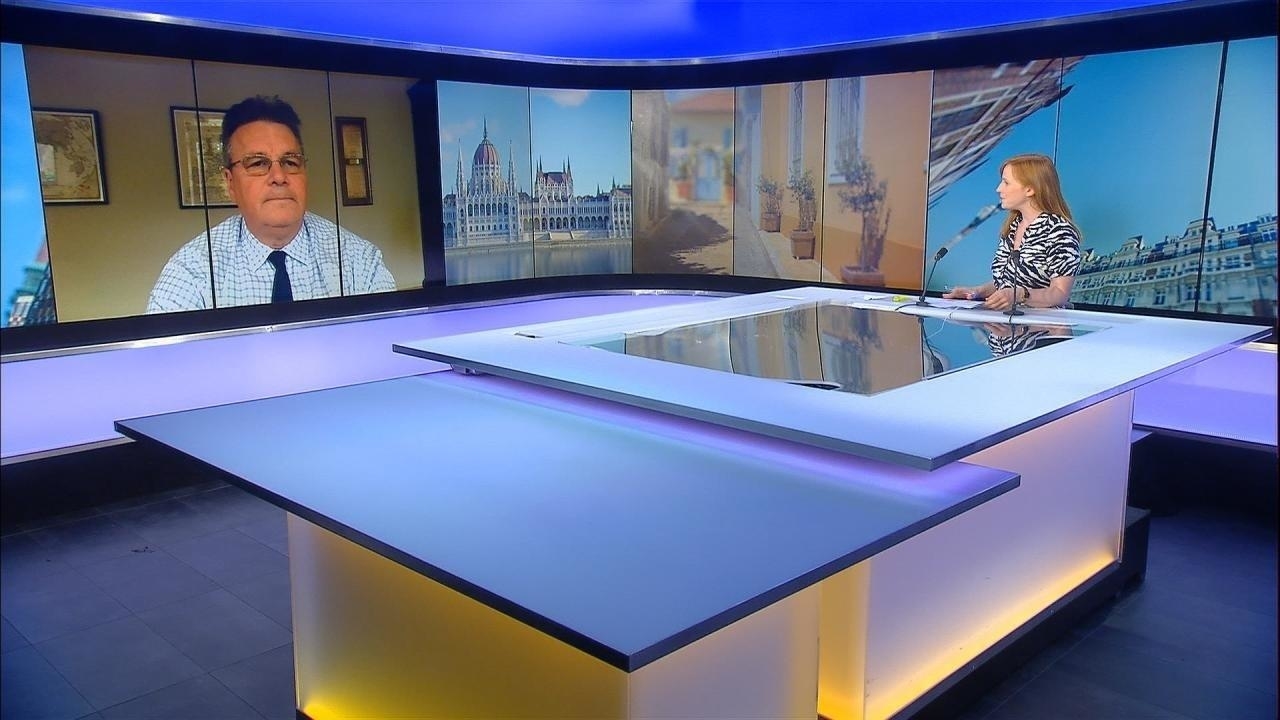‘Our leaders are failing us’: Draft of final COP26 agreement criticised as ’empty words’

sbs– A draft text at the COP26 climate summit urged countries on Wednesday to boost their emissions-cutting goals by 2022, three years ahead of schedule, after data showed the world was far off track to limit warming to 1.5C.
After 10 days of technical discussions among delegates from nearly 200 nations in Glasgow on how the world can implement the Paris Agreement temperature goals, the text called for nations to “revisit and strengthen” their decarbonisation plans by next year.
The draft, which will change as ministers work towards the summit’s conclusion, said that limiting heating to 1.5C “requires meaningful and effective action by all Parties in this critical decade”.
It said “rapid, deep and sustained reductions in global greenhouse gas emissions” were needed to avert the worst impacts of heating, which has already seen countries worldwide slammed by fiercer floods, droughts and storms.
The UK Presidency has this morning published the #COP26 first draft cover decisions
I will be holding an informal stocktaking plenary at 1230 today
We will continue to hear all views and my door is open to everyone
COP26 was billed by host Britain as an opportunity to “keep 1.5C” alive after a year-long delay due to COVID-19.
However, countries’ latest decarbonisation plans are likely to see Earth warm 2.7C this century, according to a United Nations assessment of the pledges.
The 2015 Paris accord contains a “ratchet” mechanism requiring countries to update emissions plans ever five years.
Several large emitters missed the 2020 deadline for submitting new plans, known as nationally determined contributions (NDCs).
Vulnerable nations say that the next deadline, in 2025, is too distant to deliver the short-term emissions cuts needed to avoid disastrous heating.
In what observers said was a “significant first mention” of the fuels driving global warming, the draft summit called on countries to “accelerate the phasing out of coal and subsidies for fossil fuels”.
Previous climate summit decisions and the Paris Agreement itself do not so much as mention fossil fuels, focusing instead on emissions.
One senior negotiator told the AFP news agency they were confident that the fossil fuel mention would appear in the final text, “in some form or another”.
‘Empty words’
But environmental groups criticised the draft for failing to reflect the urgency of the crisis facing the planet.
“This draft deal is not a plan to solve the climate crisis, it’s an agreement that we’ll all cross our fingers and hope for the best,” said Greenpeace International Director Jennifer Morgan.
“It’s a polite request that countries maybe, possibly, do more next year.”
Delegates came to Glasgow with a laundry list of disputes to be resolved, including over how vulnerable nations’ fight against rising temperatures is financed.
Rich emitters promised over a decade ago to provide billions of dollars annually to help others green their grids and adapt to the changing climate.
But the draft text paid little attention to that, merely noting “with regret” that it had yet to materialise.
“With this text our leaders are failing us all,” said Teresa Anderson, climate policy coordinator at ActionAid International.
“These empty words are way off target to meet the scale of the enormous challenge facing humanity.”
‘Outcomes are what matter’
Australia has come under criticism at the summit for its emissions targets and the speed of its plans to phase out fossil fuels.
Responding to the draft document, Australia’s Energy Minister Angus Taylor said the government was “an active and constructive participant in the negotiations to ensure a positive outcome for COP26”.
“Australia was proud to communicate an enhanced [nationally determined contributions] prior to COP26 which highlighted our strong record of achievement,” he said.
“While ambition is important, action and outcomes are what matters.”
Australia is projected to reduce emissions by 35 per cent by 2030 on 2005 levels, or up to a 38 per cent point-in-time reduction in 2030, Mr Taylor added.
Between 2005 and 2021, he said, Australia’s emissions fell by 20.8 per cent, outpacing the reductions of the United States, Canada and New Zealand.




